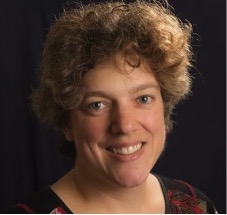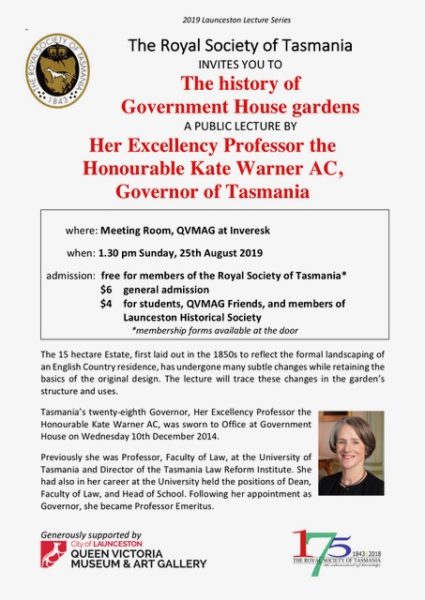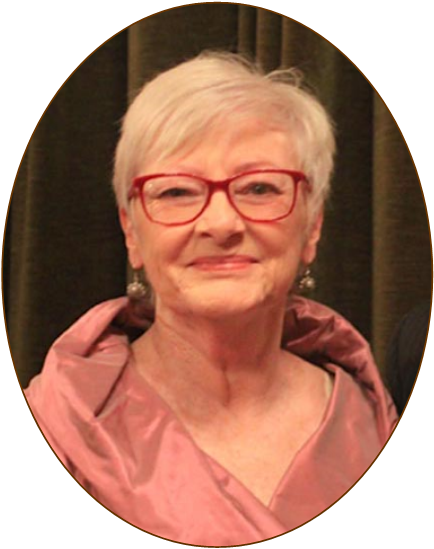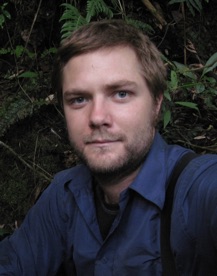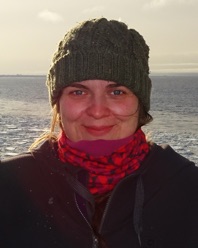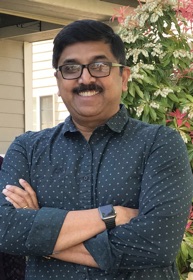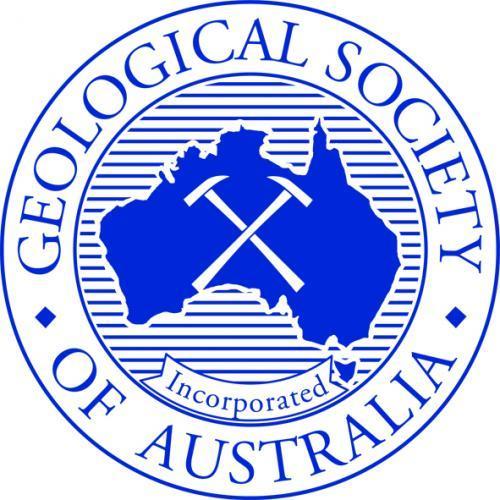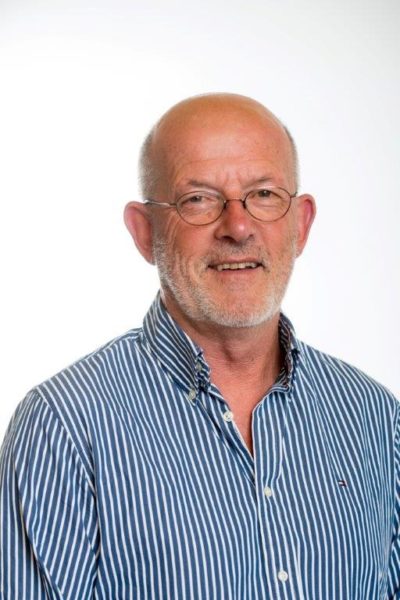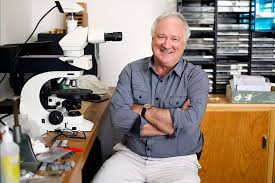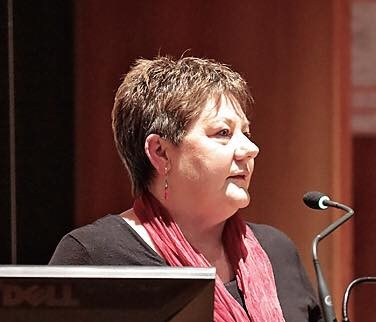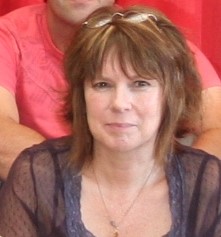Friday 16 August – Main Stage Seating open from 8:25pm
Dr Barbara Holland and Meow-Ludo Meow Meow
With MC Mark Horstman
In TMAG’s Central Gallery
Presented by The Royal Society of Tasmania
Dr Barbara Holland, UTAS – 8:45pm
Why be Happy When You Can be NORMAL?
What is normal anyway? Any good statistician will be able to tell you the answer. Normal is a distribution. The normal distribution holds a famous spot in statistics due to the Central Limit Theorem which, in layman’s terms, explains why bell-shaped curves are so ubiquitous in describing a wide range of phenomena. Back in the good old days of the 19th Century, the normal distribution went by the name “Law of the Frequency of Error.” Indeed, one of the things the normal distribution should be able to explain is the behaviour of polls and how accurate their predictions should be. In this talk, Barbara will discuss what our faithful friend the normal distribution can tell us about why polls should work and try to give some insight into why they failed so spectacularly at the last election!
